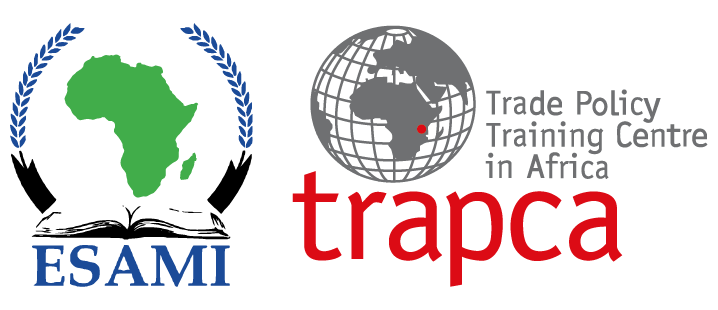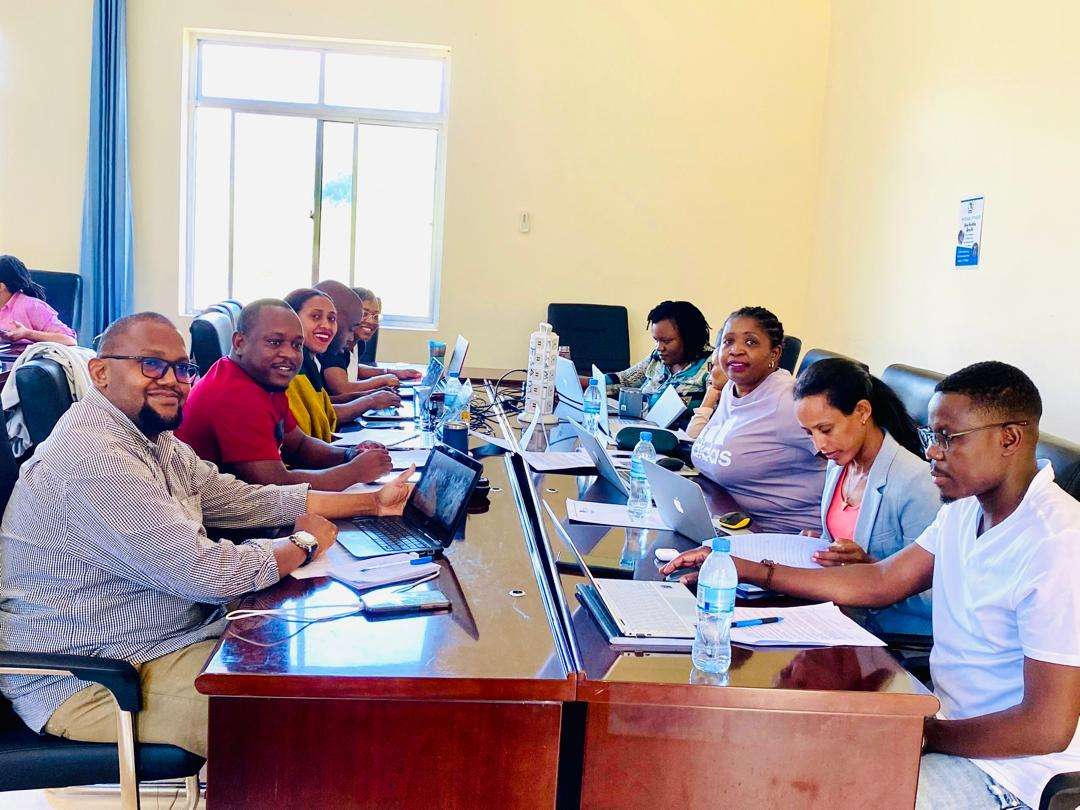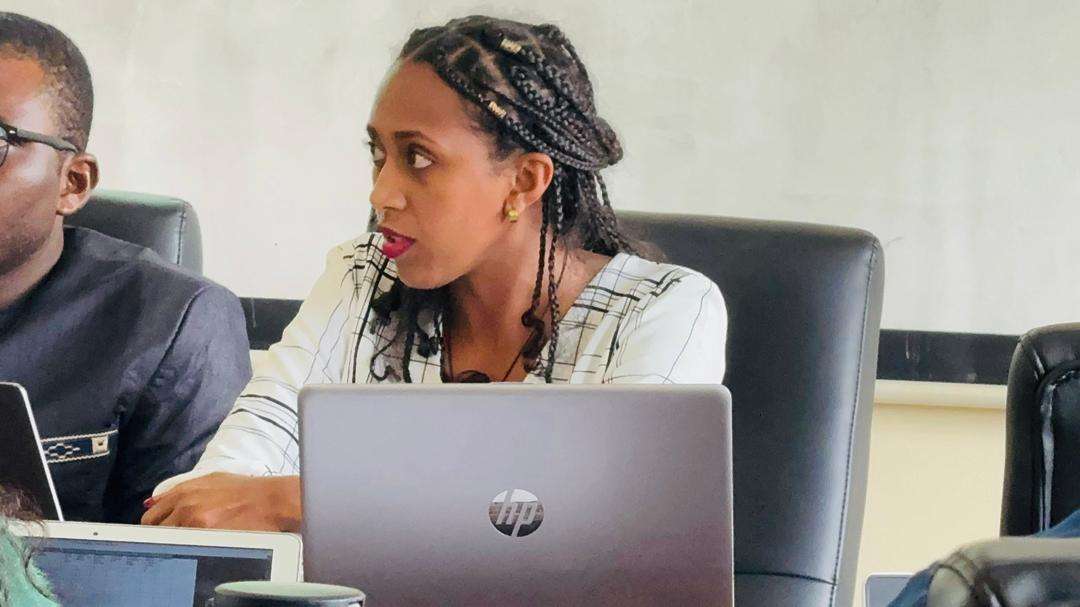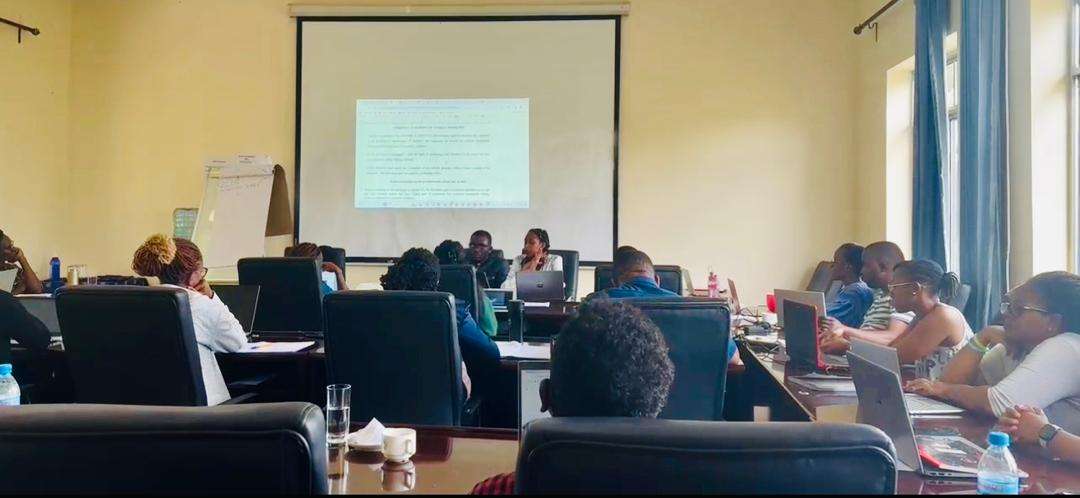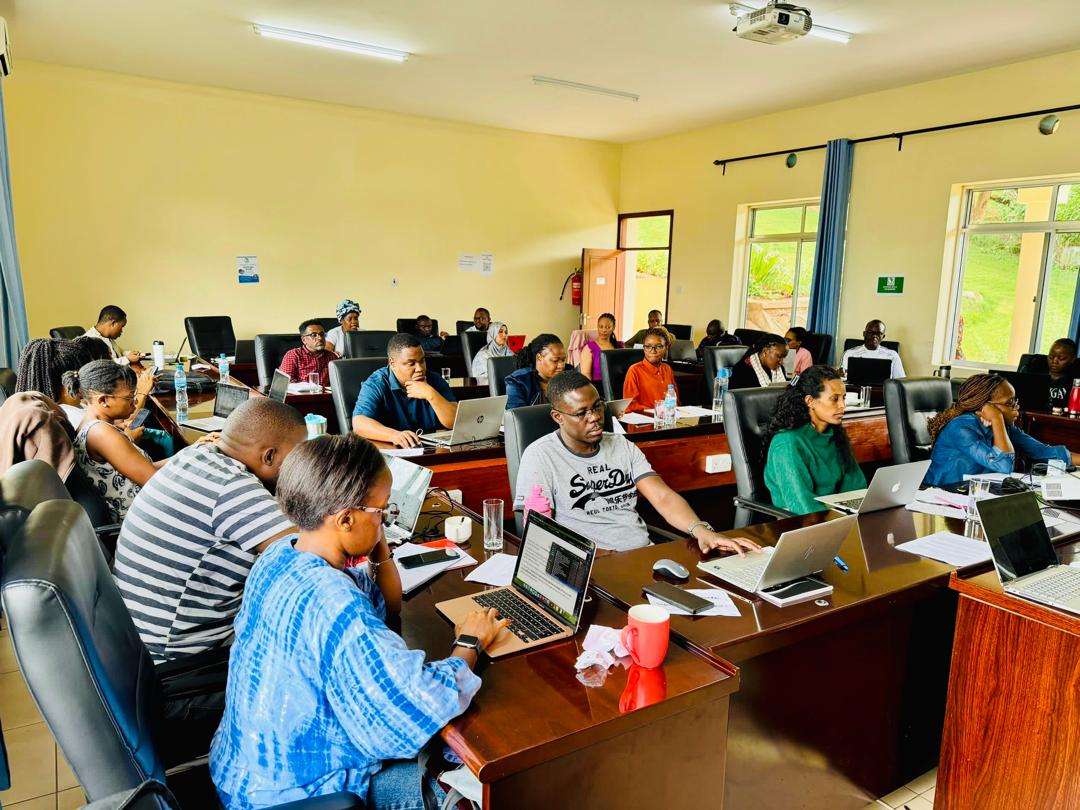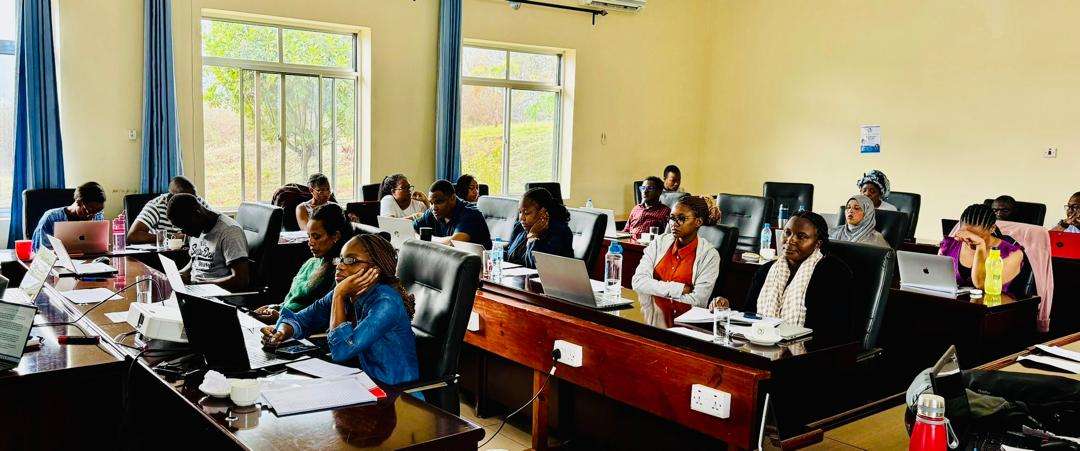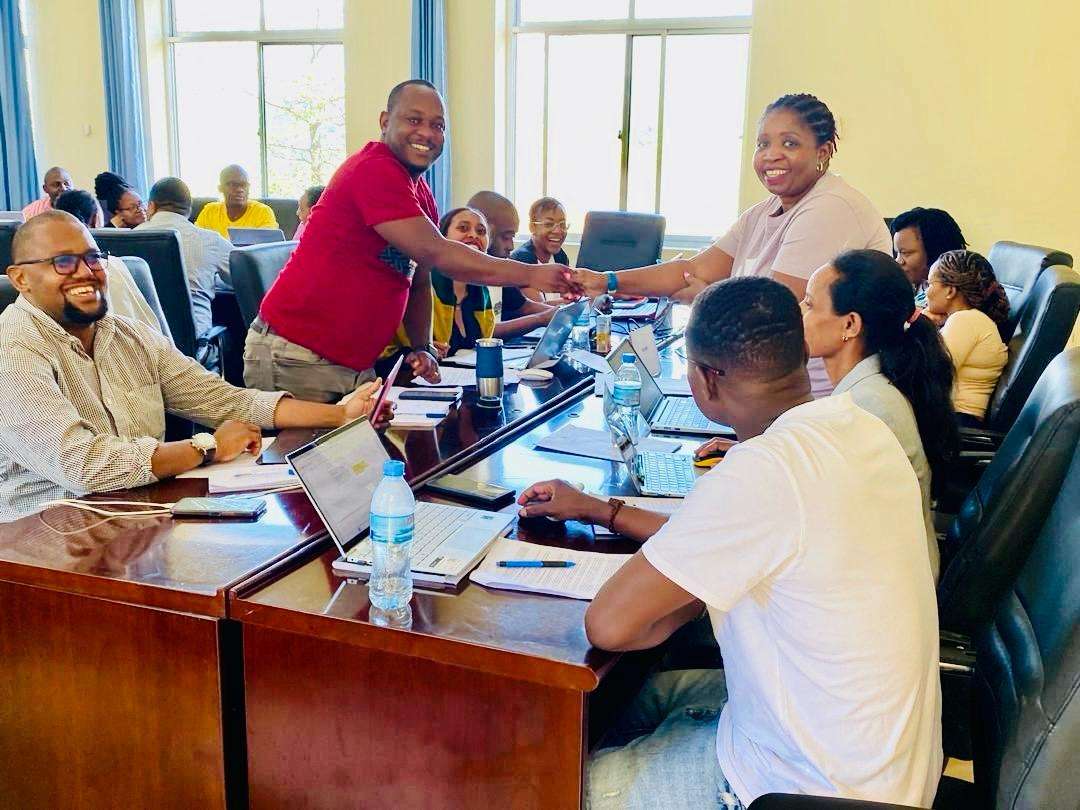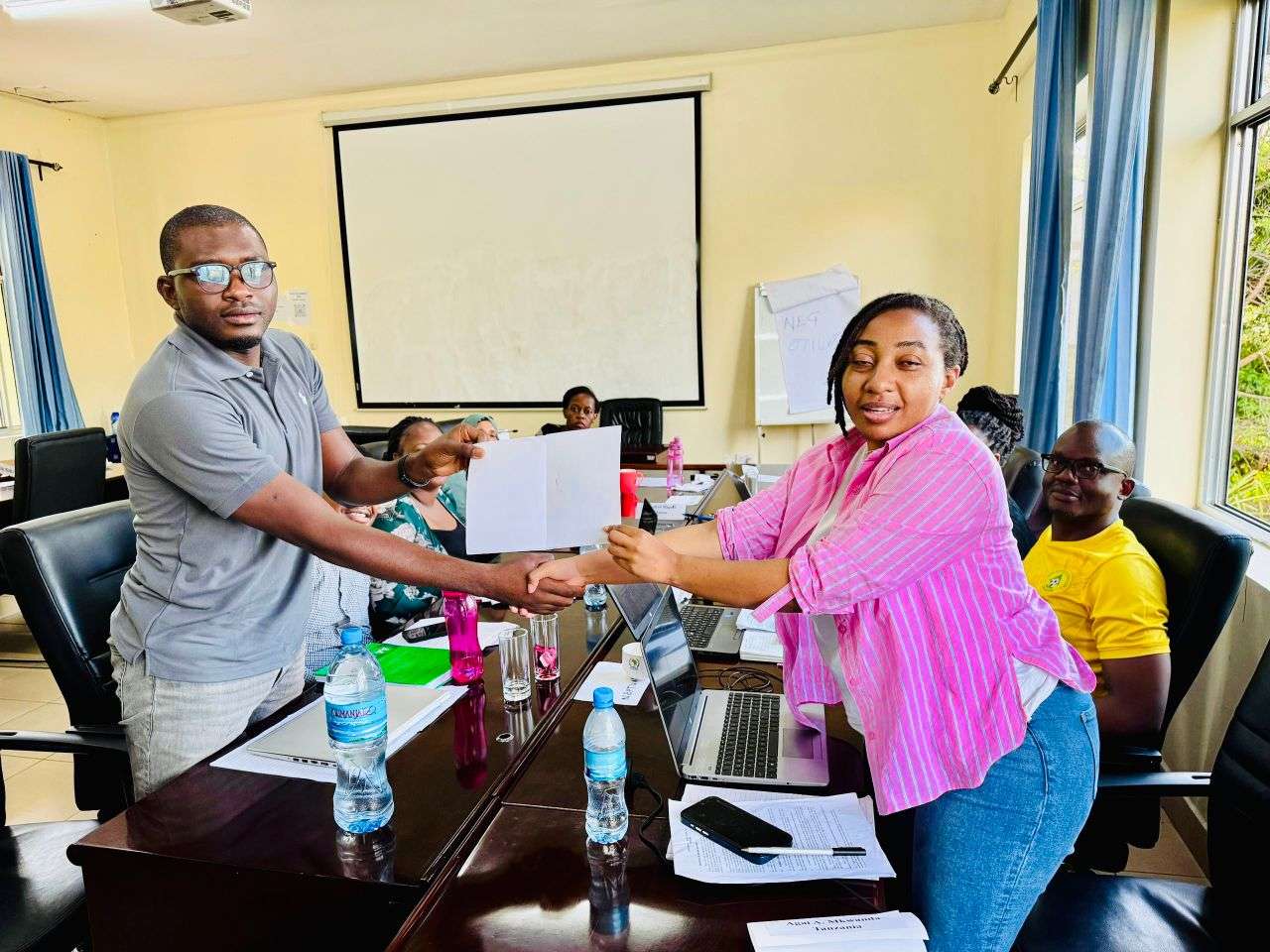Trade agreements are vital tools for reducing barriers like tariffs and quotas, opening up markets, attracting investments, and fostering economic growth. But negotiating these agreements is no easy feat—it requires diplomacy, strategy, and in-depth knowledge of international trade.
Our MSc International #TradePolicy and Trade Law program course, TRP 510, currently underway in Arusha, Tanzania, with participants from 26 African countries, mainly LDCs, are creating future trade negotiators through simulating trade negotiations with real-world scenarios and expert guidance to equip them to develop agreements that promote prosperity and global cooperation.


‣ Understand and prioritise your country’s interests.
‣ Research your counterpart’s priorities and vulnerabilities.

‣ Assemble experts in trade law, economics, and diplomacy.

‣ Cultivate personal relationships with counterparts.

‣ Use clear, concise language and actively listen to concerns.

‣ Identify your Best Alternative to a Negotiated Agreement (BATNA).
‣ Use strategic pauses and tactical manoeuvres like reciprocity and compromise.

‣ Back your case with data, facts, and strong arguments.
‣ Frame proposals positively and prepare responses to objections.

‣ Reconcile demands from different sectors and address public concerns.
‣ Ensure alignment with international laws and agreements.

‣ Mainstream emerging issues like climate change, digital trade, and supply chain resilience.


